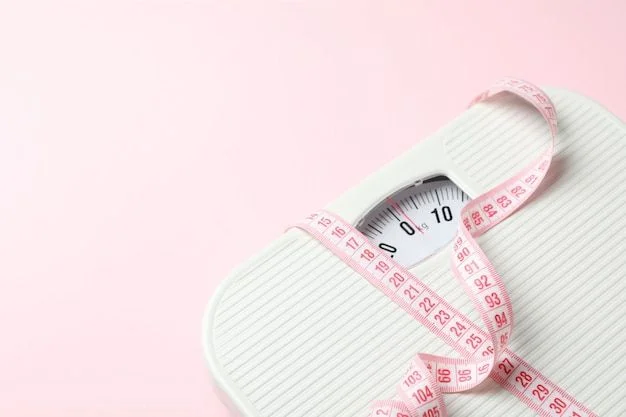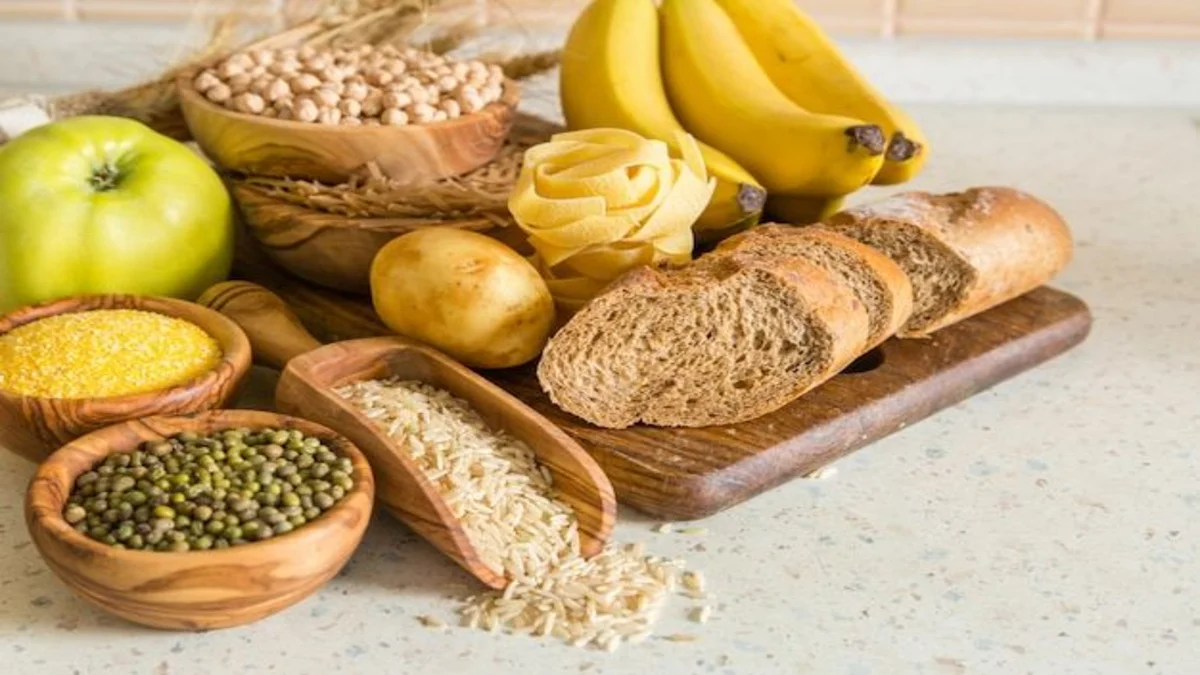Are you struggling with high uric acid levels? Don’t worry! This guide provides you with effective and safe methods to quickly lower uric acid and improve your overall health.
High levels of uric acid in the body can lead to painful conditions like gout and kidney stones. These conditions can significantly impact your quality of life and hinder your daily activities. While medication is often prescribed to manage uric acid levels, there are also natural methods that can be incorporated into your routine to provide relief and lower uric acid levels.
What is gout? (High levels of uric acid)
A kind of arthritis called gout primarily affects the big toe and fingers, but it can also strike the wrists, elbows, knees, and ankles, causing excruciating pain and swelling.
Uric acid accumulation in the joints is the cause of gout attacks. Every time food containing purines is broken down by the body, uric acid is produced. Experts from Changi General Hospital’s (a part of SingHealth) Dietetic & Food Services department discuss foods that are good for gout sufferers.
Methods to Lower Uric Acid
1. Eat fewer foods high in purines.
Purines are substances found naturally in some meals. The body creates uric acid as it breaks it down. Excess uric acid is produced during the metabolism of purine-rich meals, and this can result in gout.
Some otherwise healthy foods are high in purines, thus rather than avoiding them altogether, one may want to cut back on their intake.
Foods that are high in purines include:
- wild game, such as deer (venison)
- some fish and seafood, such as:
- trout
- tuna
- haddock
- sardines
- anchovies
- mussels
- herring
- meals heavy in fat, such as dairy, bacon, and red meat, especially veal
- organ meats, including sweetbreads and liver
- sugar-filled meals and drinks
- An occasional drink, such as beer and liquor
Among the foods having a modest purine concentration are:
- pork
- ham
- chicken
- beef
- duck
- some shellfish, such as:
- oyster
- shrimp
- crab
- lobster
2. Keep your weight in check.

Sustaining a moderate weight can enhance general health by lowering blood uric acid levels.
To control their weight, experts advise people to concentrate on long-term, sustainable improvements including increasing their physical activity, eating a balanced diet, and selecting foods high in nutrients.
3. Avoid sugar
A natural sugar found in fruit and honey is fructose. Your body releases purines and raises uric acid levels when it breaks down fructose.
Because beverages lack fiber, protein, and other nutrients, fructose in them is absorbed more quickly than sugars in entire foods.
Corn syrup, high fructose corn syrup, and table sugar are some additional sugars that are added to food. According to research published in 2020, absorbing refined carbs more quickly raises blood sugar levels and increases uric acid production.
4. Increase your water intake.

Getting enough water aids in the kidneys’ quicker removal of uric acid. Approximately 70% of the uric acid in your body is removed by the kidneys.
As well as supporting your kidneys, drinking adequate water may lower your chance of developing kidney stones caused by uric acid.
Always carry a bottle of water with you. You can set an hourly reminder to remind yourself to take a few sips.
5. Avoid alcohol
Alcohol consumption can exacerbate dehydration. Studies from 2021 indicate that it may also result in elevated levels of uric acid.
Beer is among the alcoholic beverages with a greater purine content than other varieties. Even so, alcohol with a reduced purine content can nevertheless raise purine synthesis.
Nucleotides, another source of purines that can be converted into uric acid, are metabolized more quickly when alcohol is consumed. It also has an impact on the rate of uric acid secretion, which raises blood levels.
6. Drink coffee
According to research published in 2015, coffee drinkers have a lower risk of developing gout.
According to a 2016 meta-analysis of 11 research, there may be a connection between coffee consumption and a decreased risk of gout. But there wasn’t enough proof to support a strong correlation.
7. Boost your consumption of vitamin C.

According to a review published in 2021, there is a significant correlation between blood uric acid levels and vitamin C intake in numerous prior studies.
While acknowledging this effect, they also pointed out that no research has produced solid proof linking vitamin C to the prevention or lessening of gout attacks.
The doctor can provide advice on whether vitamin C supplements should be taken or if the patient should increase their intake of vitamin C.
8. Eat cherries
2019 research has shown that consuming cherries and cherry juice can assist gout sufferers’ uric acid levels decrease. To ascertain the long-term impacts of cherry consumption on uric acid levels, more research is required.
The red color of cherries is caused by a chemical called anthocyanins, which also functions as an anti-inflammatory and antioxidant. They’re also a fantastic source of vitamin C and fiber.
Go for a handful of cherries as a snack or some sour cherry juice without added sugar.
9. Increase the amount of fiber in your diet
Increasing dietary fiber can aid in lowering uric acid levels. Additionally, fiber can assist in maintaining insulin and blood sugar homeostasis. It usually increases satiety, which prolongs the feeling of fullness.
The average adult should consume 22–34 grams of fiber per day from high-fiber foods. Increase your fiber consumption gradually to prevent an upset stomach.
10. Avoid medications that raise uric acid levels
Lower uric acid levels may rise as a result of some drugs. Among them are:
- diuretics like hydrochlorothiazide and furosemide (Lasix)
- medications that inhibit the immune system
- minimal dosage of aspirin
It’s crucial to speak with a physician before altering or quitting any drugs. Medications that increase uric acid levels may provide vital health advantages.
Summary
High uric acid levels can cause gout and other health issues that can be improved by diet, exercise, and other lifestyle modifications. However, they are not always a substitute for medical care.
Follow your doctor’s instructions and take any recommended drugs. A healthy diet, regular exercise, and prescription drugs can help control elevated uric acid levels and prevent symptoms.
There may seem to be a long list of items that should be avoided to lower uric acid levels. Creating a weekly meal plan is the most effective strategy to restrict certain foods. To find the ideal food plan for you, consult a dietician.





